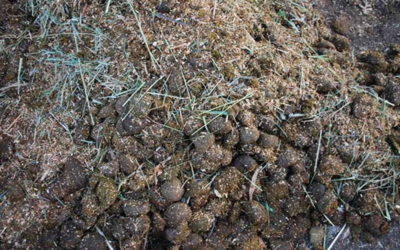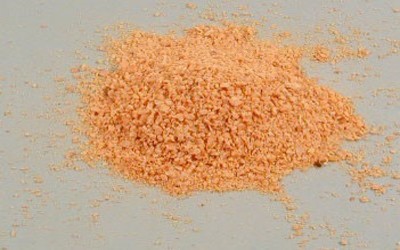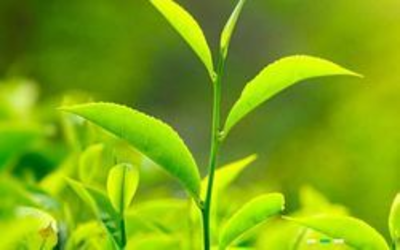
Farm Yard Manure
Farm yard manure is made basically using cow dung, cow urine, waste straw and other dairy waste. This is very useful, and some of its qualities are given below:
1. Farm yard manure rich in nutrient.
2. A small part of the (N) is directly available to the plants. While a large part is made available as and when the farm yard manure decomposes.
3. cow’s dung and cow-urine are mixed, than balanced nutrition is made available to the plants.
4. Availability of potassium and phosphorus in the farm yard manure is similar to inorganic sources.
5. Application of farm yard manure improves soil fertility.

Method-
1. Cow’s dung which we get in abundance (10 cows …) which is collected after cleaning the cowshed. It is fill in a pit and and allow to decompose for some time. Every month this (manure) is applied on the plants or the field to enrich the soil.
2. we use almost whole cow dung for Gobar gas plant.
Therefore, the slurry that comes out after gas production is highly composted and very rich form of good manure. it is also used.
Nutritional status of FYM (%)-
| Nitrogen | 0.5000 |
| Phosphorus | 0.2500 |
| Potassium | 0.4000 |
| Calcium | 0.0800 |
| Sulfur | 0.0200 |
| Zinc | 0.0040 |
| Copper | 0.0003 |
| Manganese | 0.0070 |
| Iron | 0.4500 |
Use: –
1. Partially rotten farm yard manure should generally applied in 3 to 4 weeks before sowing of crops. This is used in soluble form in the development of the crop. Farm yard manure decomposed in the soil. It is improve soil structure and release the nutrients involved in it.
2. If it is applied too long before sowing the crop, the nutrients are lost by leaching by rain water. Therefore, just before the crop is sown, the farm yard manure should be mixed in the soil properly.
3. Vegetable crops Potato, tomato, sweet potato, carrot, radish, onion etc respond very well to the farm yard manure. Other responsible crops are sugarcane, rice, napier grass and garden crops like orange, banana, mango and plantation crops are coconut.
4. The large amount of nutrients present in the farm yard manure is not available. About 30 percent of nitrogen, 60 to 70 percent of phosphorus and 70 percent of potassium are available for the first crop.









